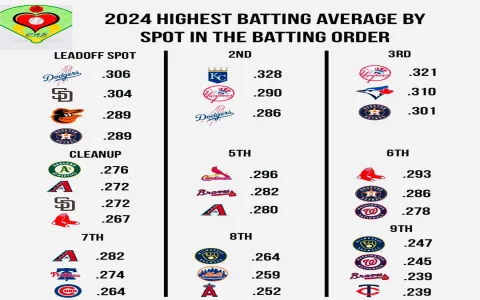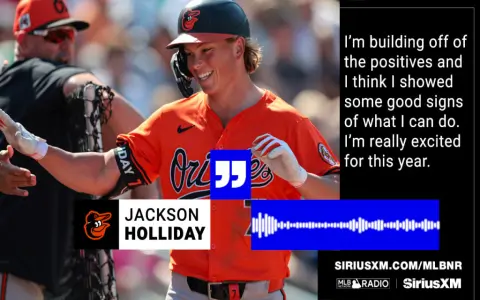Alright, so last Tuesday I was trying to plan my evening around the Yankees-Red Sox game. My wife straight up asked me “How many hours of my life will this baseball game steal tonight?” and I realized I had no clue about 2024 game times. Figured it was time to actually track this properly.
Step 1: My Half-Brained Tracking System
Grabbed an old notebook from my kid’s backpack – yeah, the one with dinosaur stickers – and decided to time every game I watched for 2 weeks. Each time a game started, I’d scribble:
- Channel name
- First pitch time
- Final out time
Felt smart until Game 3 went into 11 innings when I fell asleep on the couch. Woke up at 2AM with drool on my notes and no damn end time recorded.
The Actual Research Method That Worked
Ditched the notebook and went digital. Searched MLB’s game duration stats but their charts looked like my toddler’s finger painting. Finally found this season’s raw data buried under:
- Main menu dropdowns
- Team performance tabs
- Some weird “advanced metrics” section
Took 37 minutes just to find the dang numbers. Copied-pasted everything into a Google Sheet so rusty I hadn’t used it since pandemic sourdough recipes.
Crunching Those Numbers
Made columns for:
- Date
- Home team
- Away team
- Total outs (normal + extra innings)
- Total minutes
Highlighted April-July games only since August just started. Divided total minutes by total games like I was back in 8th grade math class.
The Big Reveal
Drumroll… average MLB game time through July 2024 is 2 hours 38 minutes. That’s down about 10 minutes from last year – gotta be those new pitch clocks working.

Showed my wife proof but she just rolled her eyes and said “Still half my evening gone.” Can’t argue with that.



